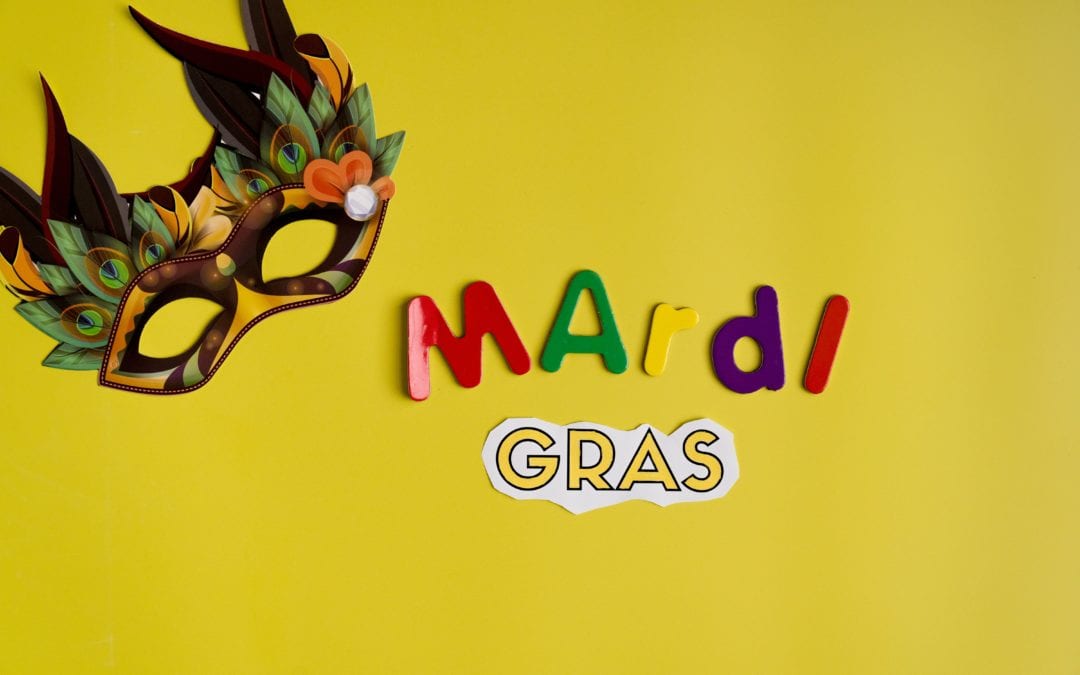“If more people get COVID, will Mardi Gras be cancelled?????”, the exasperated tone evident in the punctuation chosen by a mother, asking how to answer that question for her children, as they prepare for the unknowns of the upcoming holiday season.
As a moderator for a COVID-19 panel discussion recently, that question caught my attention, as I scrolled through the chat section of the virtual platform looking for the next inquiry for the guest speakers. The weight of the pandemic becomes even more evident as it threatens to upend one of the most basic tenets of childhood and support the growing phenomenon defined as pandemic fatigue.
This once obscure concept, pandemic fatigue, has become a real sensation as the spread of this virulent disease continues to disrupt our everyday lives. The early days of the pandemic were marked with rallying cries of unity as each person believed in overcoming the virus together for the sake of humankind. As novel strange rules started to become everyday customs, the sentiment of exhaustion began to creep in and the sense of oneness was abandoned.
Even though there has been much reported on the global tiredness creeping into every corner of the world, the real human toll is barely recognized. The casual mention of the unknown long-term effects on society, fails to note that ‘humanity’ is someone’s mother, partner, brother or caregiver. The individual is usually lost in the statistics that are constantly relayed through the news cycle, threatening to numb us even more as we try to reconcile what is occurring in our world.

Couldn’t we minimize the impact of this worldly fatigue by seeing the shared humanity in everyone? Understanding that the teacher providing virtual lessons for their students is also someone else’s daughter whose mother is worried about her. Or that the grocery clerk is a father that is fearful that his daily work exposures may put the very people that he is trying to take care of in harm’s way.
These unprecedented times require unparalleled support to ensure that we are each getting through the current challenges and coping with unusual stressors. Unfortunately human touch is no longer a readily available resource for managing the unfamiliar. So can we instead offer to our fellow brethren something less tangible that encourages support and well-being? Can we present grace to one another during these trying times to provide the space to manage to the best of our capabilities?
Can you extend grace to someone else because, just like you, they are doing the best they can to provide for those that they care about? How about to a stranger because you don’t know what burdens they are carrying? Can you offer grace to the next person because you too, are human, and need others to grant you that same courtesy?
The Golden Rule. The room to shoulder less. The liberty to embrace what is needed to muddle through these extraordinary circumstances without judgment.
Grace. Please. Grace. Thank you. Grace. Excuse me. Grace. Is there anything that I can do for you? Simple pleasantries and courtesies extended without expecting anything in return. Giving goodness to others because it is often given to you when it is needed the most.
Grace.
Keia V.R. Hewitt, MD, MBA, MPH, FACEP is the Director of Emergency Services and Chief of Emergency Medicine of Medical University of South Carolina Health Lancaster Division in Lancaster, SC. She establishes clinical policies, implements guidelines and manages operations for the Emergency Departments within the Lancaster Division. In addition to her clinical practice, Dr. Hewitt focuses on patient safety and patient experience for Emergency Services within the Division.




